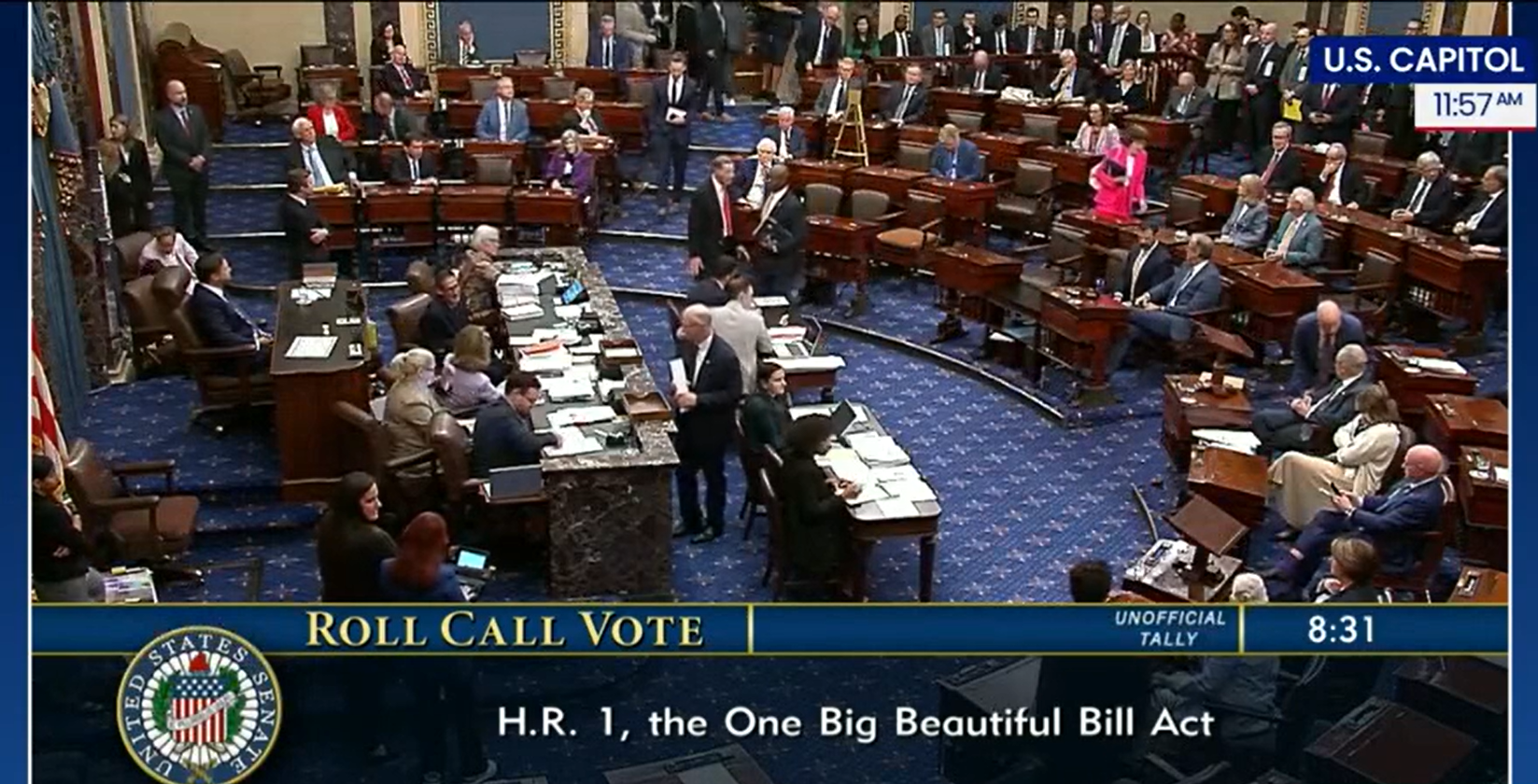Connections - 03.31.22
Diversity, Equity & Inclusion Training for DSPs: A Path to Person-Centered Supports
Share this page
Stay Informed on the Latest Research & Analysis from ANCOR
More News
Stateside Report - 06.23.25
Stateside Report: June 30, 2025

Capitol Correspondence - 06.24.25


 Today’s workforce is increasingly diverse. The direct support professional (DSP) workforce is no different: over 60% of those working with individuals with disabilities and the elderly identify as people of color, 28% identify as immigrants and over 83% identify as women. Diversity, equity and inclusion (DEI) initiatives seek to recognize these cultural differences, not to overcome them or seek “sameness,” but to celebrate and honor these differences.
Today’s workforce is increasingly diverse. The direct support professional (DSP) workforce is no different: over 60% of those working with individuals with disabilities and the elderly identify as people of color, 28% identify as immigrants and over 83% identify as women. Diversity, equity and inclusion (DEI) initiatives seek to recognize these cultural differences, not to overcome them or seek “sameness,” but to celebrate and honor these differences.